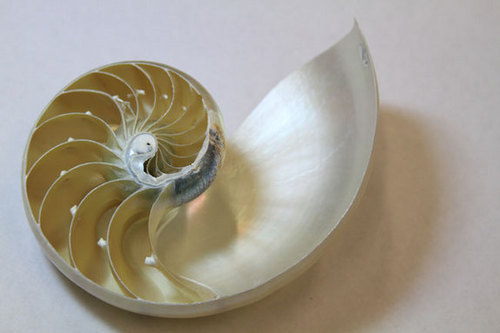“The novel is novel, but it is also typically, news–the tidings of the world around us… The novel reaches in and out at once. Like no other art, not poetry or music on the one hand, not photography or movies on the other, it joins the self to the world, buts the self in the world, does the deep dive of interiority and surveils the social scope… You can put yourself at any moment, as a writer, anywhere you want to on the spectrum, from the most introspective to the most documentary, invent whatever methods you can think of to bring both self and world into focus.
"The self in society: the modern question. The novel is coeval with other phenomena that first appeared in full-fledged form in the 18th century–like privacy and sensibility and sentiment and boredom, all of which are closely linked to its development. Novel-reading is indeed unusually private, unusually personal, unusually intimate. It doesn’t happen out there, in front of our eyes; it happens in here, in our heads.

[…] The novel was a smithy, perhaps the smithy, in which the modern consciousness was forged.
The modern consciousness, but not the post-modern one. The days of cultural preeminence have long since gone. The form rose to primacy across the 19th century, achieved a zenith of prestige in modernism, then yielded pride of place to the new visual media. […]
"This is not to say that great novels haven’t continued and won’t continue to be written. It is to start to understand why people have den mooting the ‘death of the novel’ ever since that shift in cultural attention, as well as why the possibility is met, by some, as such a calamity. Privacy, solitude, the slow accumulation of the soul, the extended encounter with others–the modern self may be passing away, but for those who still have one, its loss is not a little thing.”
From, “How the Novel Made the Modern World,” by William Deresiewicz, appeared in the June 2014 edition of The Atlantic (the one with the amazing article on the case for reparations by Ta-Nehisi Coates)
